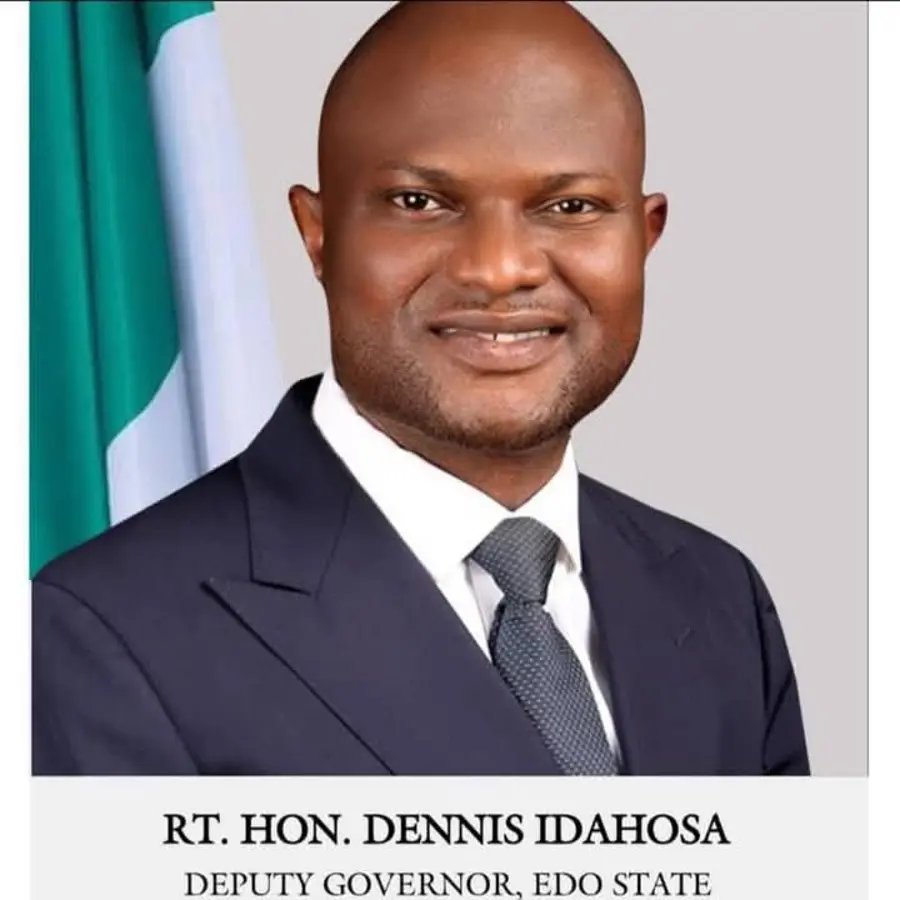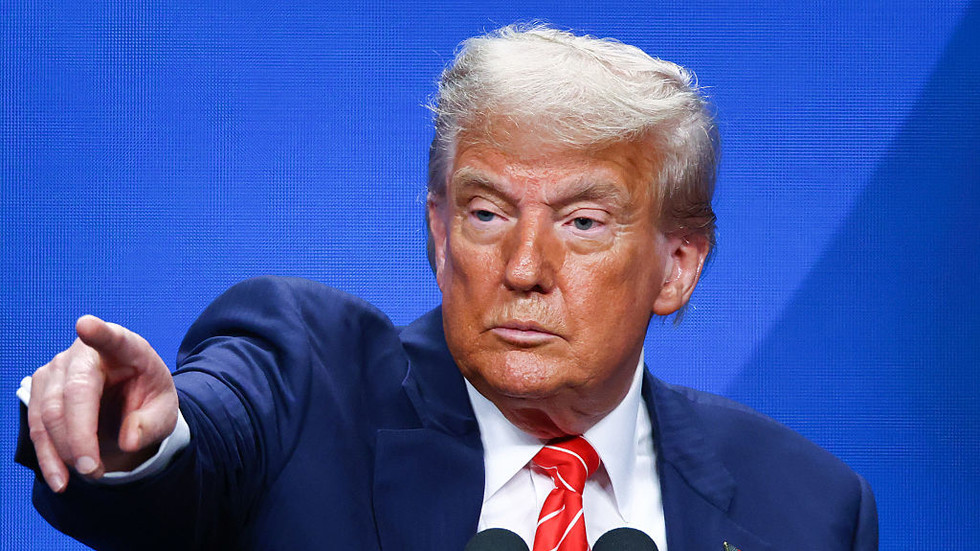At the WomenLift Health Conference in Dar es Salaam, Tanzania, a powerful alliance was formed between former Tanzanian President Dr. Jakaya Mrisho Kikwete and New Zealand’s trailblazing former Prime Minister Helen Clark. Together, they championed the cause of gender equality, sparking a crucial dialogue on this pressing issue.
The global economic landscape still harbors a significant disparity between the rights of men and women. In some countries, women can legally be paid less for the same work as men, highlighting the need for greater gender equality. According to a recent World Bank report, only 14 countries worldwide offer women full legal protections in the economic sphere.
Gender equity in global health is a critical issue that impacts millions of people worldwide. Women play a vital role in providing essential health services, with their contributions valued at over US$3 trillion annually by the World Health Organization. Despite this, women in healthcare often face undervaluation, occupying lower-status positions with lower pay, and sometimes even working for free.
A recent report by Global Health 50/50 revealed that many global health organizations lack policies supporting sexual and reproductive health and rights (SRHR) in the workplace, hindering equal opportunities for women. Dr. Adanna Chukwuma, Senior Director at Visa Inc., emphasized the importance of including women in leadership positions in addressing global health challenges.
Former Prime Minister Helen Clark stressed the significance of women’s representation in leadership roles across all sectors, highlighting the impact of policies and decisions on women’s lives. She shared her experience at the United Nations Development Programme (UNDP), where measures were implemented to ensure women’s representation in leadership positions, combating unconscious bias in the recruitment process.
Former President Kikwete highlighted Tanzania’s progress in promoting gender equality and women’s empowerment, attributing it to clear policies, leadership commitment, and initiatives supporting women’s representation in decision-making roles. He emphasized the importance of increasing female representation in leadership positions to break societal barriers and create a more balanced and effective government.
Both leaders underscored the need for proactive steps to bridge the gender gap, normalize women in leadership roles, and ensure diverse perspectives in decision-making processes. By prioritizing qualified women for leadership positions and increasing female representation in key sectors, they aim to create a more inclusive and equitable society for all.



